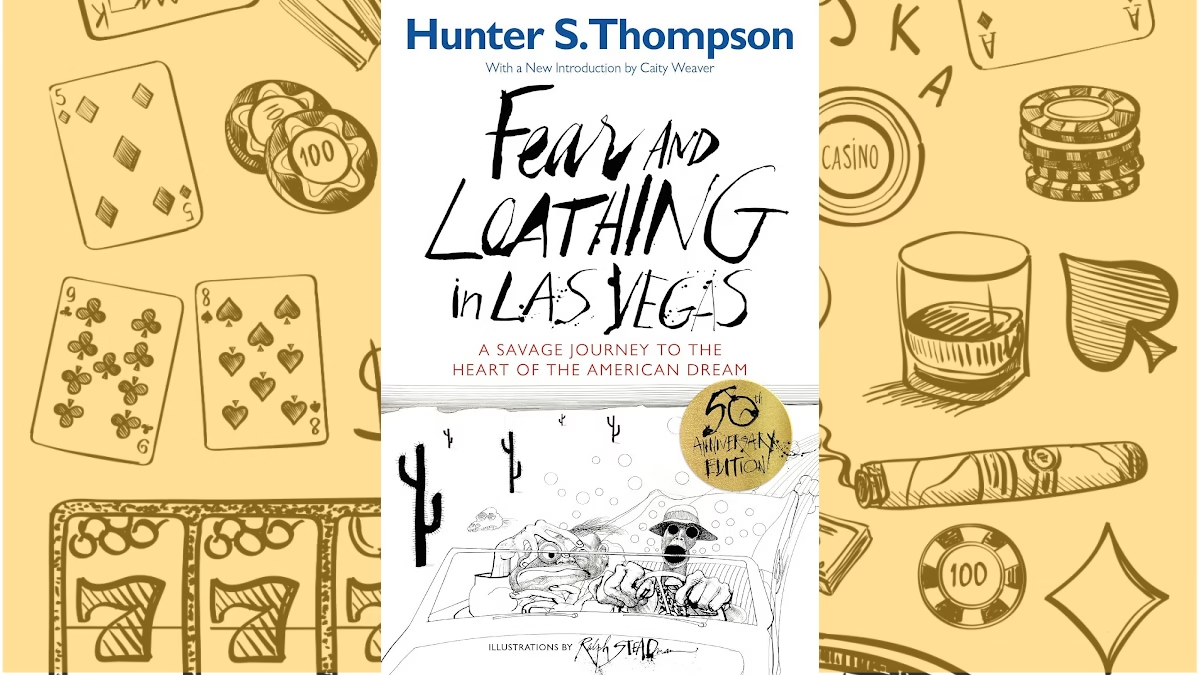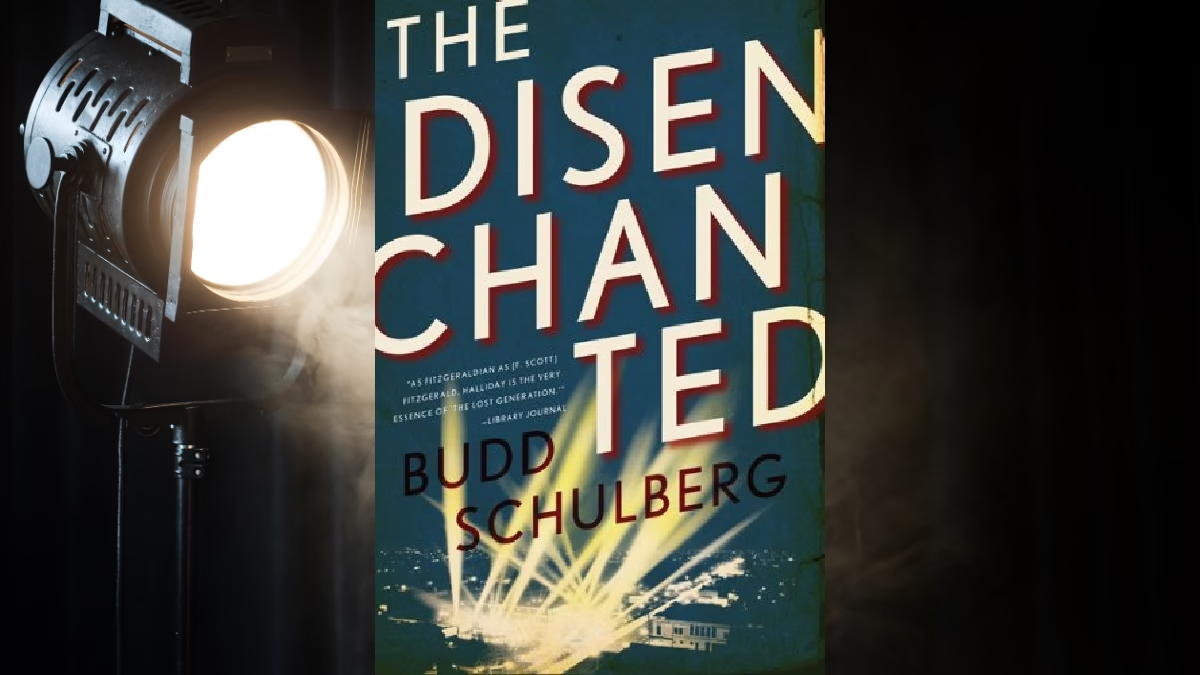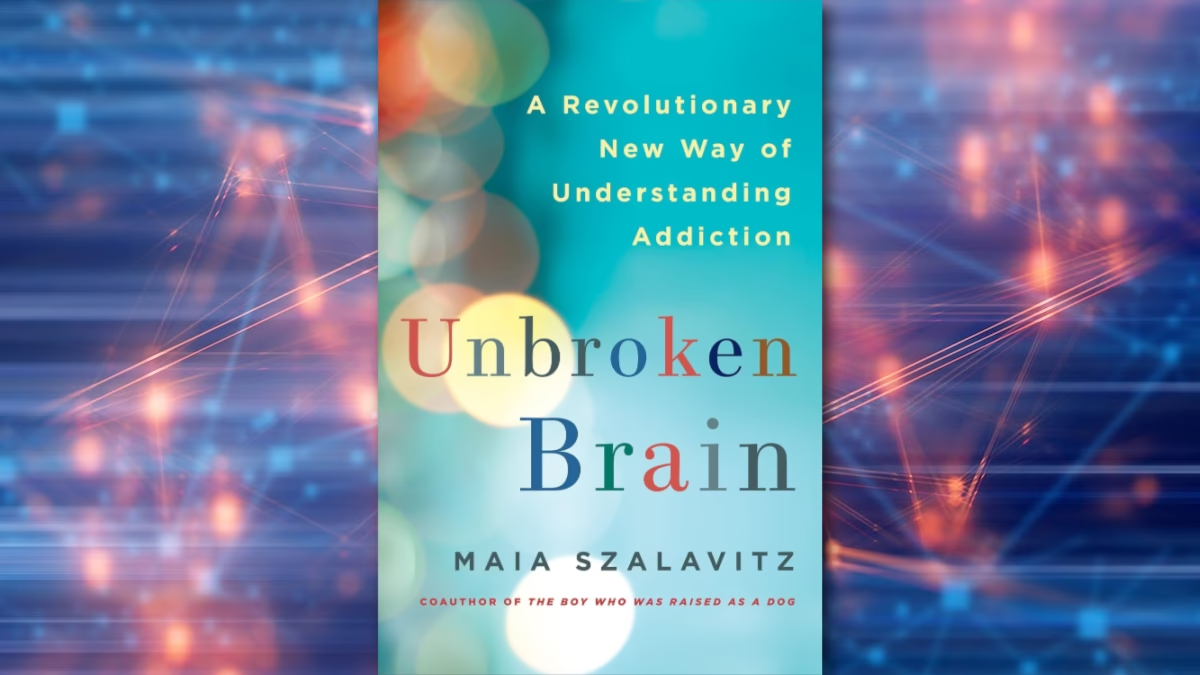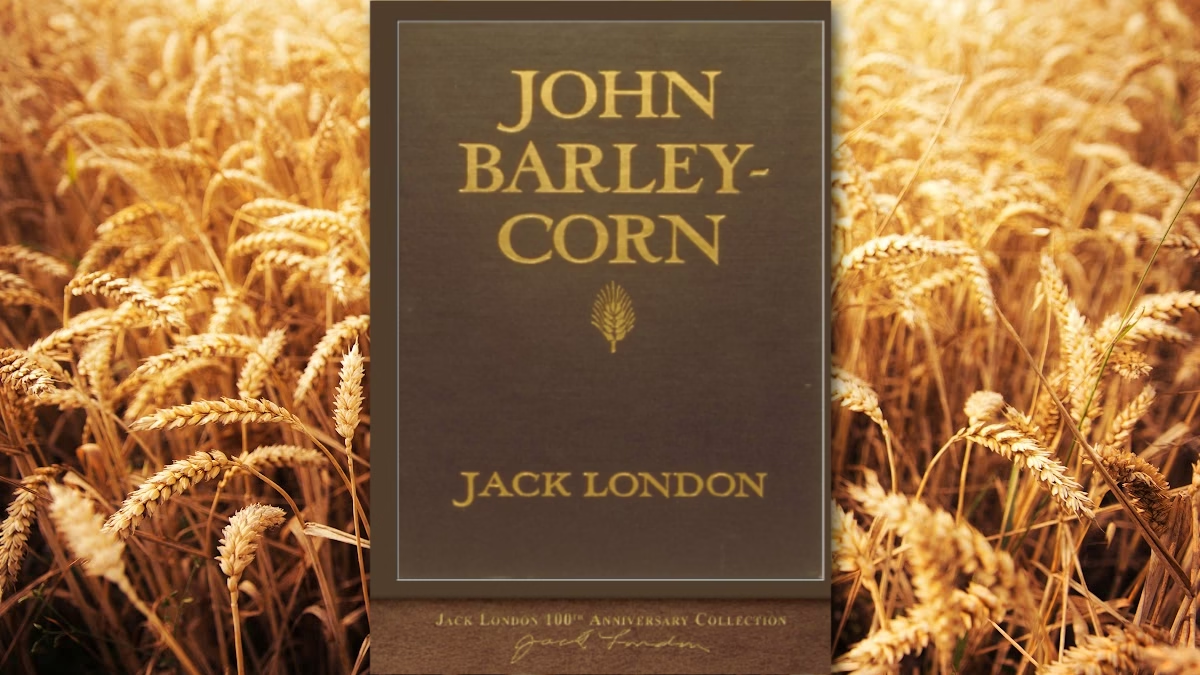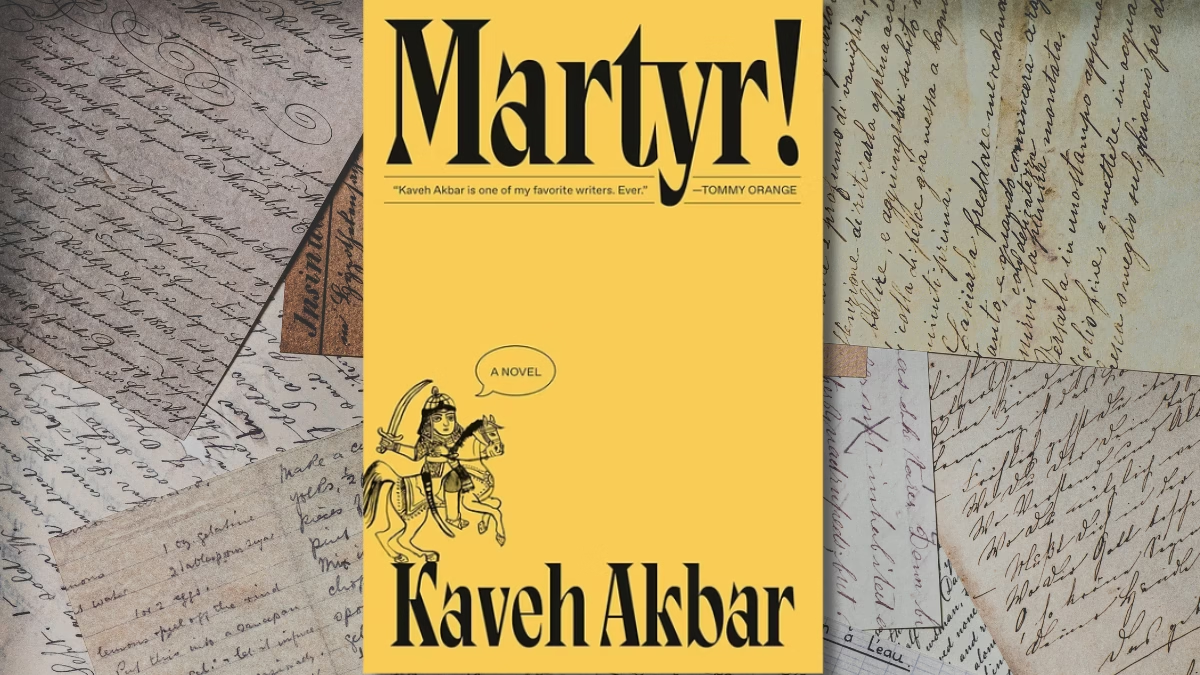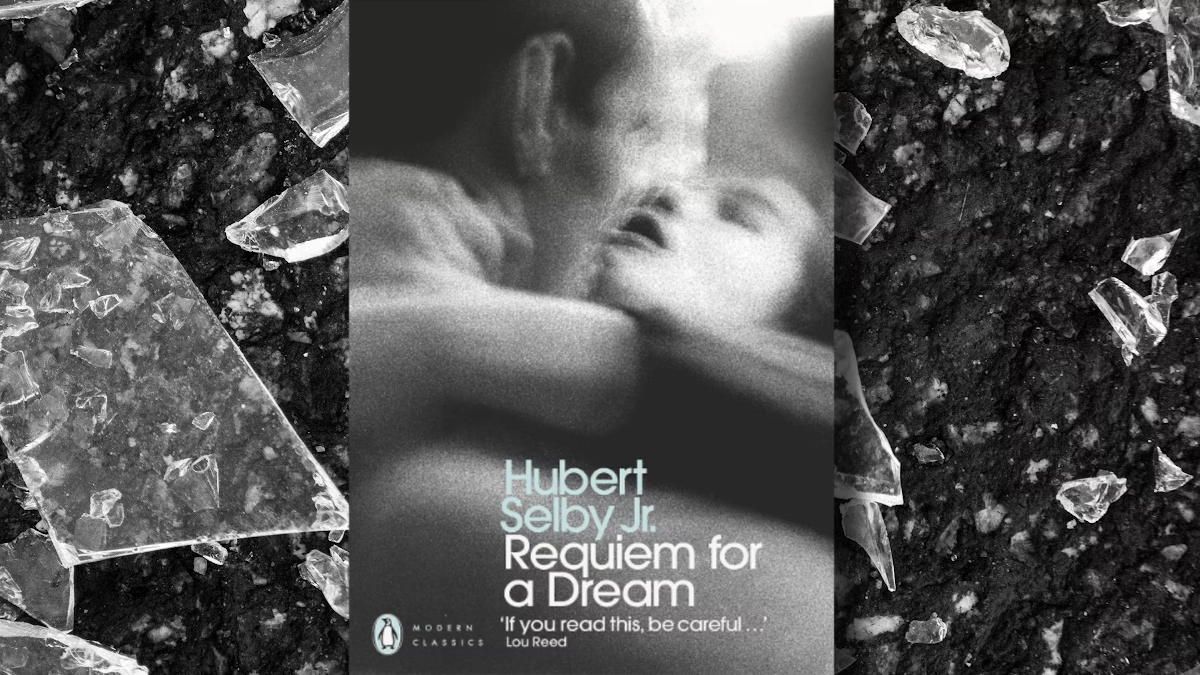The first thing you need to know about “Leaving Las Vegas” is that John O’Brien wrote it to die. Not metaphorically. He finished the manuscript, sold it to a publisher, then drove to his father’s house and shot himself. He was thirty-three. The book came out posthumously in 1990, and it reads like a suicide note dressed up as a love story dressed up as a novel about alcoholism. Which makes it either the most honest book about drinking ever written or the most nihilistic, depending on what you need it to be. What You’re Actually Reading Ben is a…
Author: Tony Harte
“The Disenchanted” is a short but powerful novel about talent, ego, and self-destruction. It is loosely based on Budd Schulberg’s real experience working with F. Scott Fitzgerald in Hollywood during the 1930s. The book tells the story through the eyes of a young writer who is hired to help a once-great novelist finish a movie script. What begins as admiration slowly turns into disappointment. The older writer, Manley Halliday, is brilliant and broken. He drinks heavily, talks about past success, and struggles to write anything new. Everyone around him knows he has talent, but talent alone is no longer enough.…
Letting Go When It Hurts In Part 1, we focused on the mental habits that keep us stuck trying to control others. We examined how the need to be right, the fear of being judged, and the pull of validation drain our energy and undermine our peace. The first two “let them” tools gave us a way to interrupt those patterns and regain control. But some situations cut deeper. Letting someone be wrong or letting them judge us is difficult. Letting them leave, or letting them feel pain we can’t fix, can feel unbearable. These moments trigger fear, grief, guilt,…
Do you spend countless hours trying to control situations where practical tools could save your sanity? Mel Robbins’s book The Let Them Theory aims to help you with this. I enjoyed the book because it raised awareness of this topic for people who may not have been exposed to the ideas she presents. It is not a criticism of the book, but an observation that I found it lacking in the practical tools needed to address these behaviors and thoughts truly. Most of us waste precious mental energy attempting to manage other people’s thoughts, feelings, and behaviors. However, this constant…
Bob Huppert delivers a chilling blend of psychological horror and addiction drama, portraying alcoholism not as a subplot but as a force — seductive, corrosive, and devastating. Boyd’s unraveling is heartbreakingly familiar to anyone who has lived with addiction or watched someone disappear into it. This is not a clean redemption arc. It’s a slow-motion collapse, a portrait of a man losing pieces of himself one sip at a time. Boyd Hudson had ten years — ten years to build a career, a marriage, a sense of stability, a life that finally felt like his. But Boyd has another companion,…
Maia Szalavitz’s “Unbroken Brain: A Revolutionary New Way of Understanding Addiction” lives up to its title. It doesn’t simply reframe addiction; it helps readers understand why a new frame is necessary — and why changing the lens changes almost everything about how we help people recover. And its core message is powerful: When we stop seeing addiction as a moral failing or a “broken brain” and start seeing it as a learning and developmental disorder, the entire recovery landscape opens up. Szalavitz blends the authority of a science journalist with the vulnerability of someone who has survived heroin and cocaine…
Malcolm Lowry’s Under the Volcano is widely regarded as one of the greatest novels of the 20th century. What makes it extraordinary is it’s unforgettable is its painfully accurate portrait of addiction—its gravity, its seductive pull, its ruinous logic, and the way it warps the inner and outer worlds of the person caught inside it. This is a novel about alcoholism at its most tragic and most revealing. At the center is Geoffrey Firmin, a British ex-diplomat living in Mexico in 1938, a man whose drinking is not a habit or a failing but a full-blown cosmology. He doesn’t drink…
What does it mean to be “the most human”? In “The Most Human”, Adam Nimoy invites readers into a deeply personal journey — one marked by addiction, emotional distance, regret, and a long path toward reconciliation. This memoir is not a fan’s treasure trove of a famous parent, but a raw, honest account of a son learning to navigate his own demons — and, in doing so, trying to heal old generational wounds. From the opening pages, Nimoy sets the stage: growing up as the child of a global icon, always in the shadow, adored by millions for his role,…
Welcome to the 12th Step! I trust you have started incorporating Step 11 into your daily sobriety routine. The journey has been long and full of challenges, but I hope there to have been equal parts of the joy of embarking on a new life. The Twelfth Step of Alcoholics Anonymous is crucial in the recovery journey. The step reads: “Having had a spiritual awakening as the result of these steps, we tried to carry this message to alcoholics and to practice these principles in all our affairs.” Believe it or not, the 12th Step was actually the first step in…
Step 11 AA: Prayer, Meditation & Finding Your Higher Power Steps 10, 11 and 12 focus on incorporating critical practices into our daily recovery efforts. Where Step 10 suggests an ongoing personal inventory and prompt amends, the 11th Step focuses on continually growing the relationship with our higher power. We are hitting on the “God” topic again in this step. For more thoughts on a higher power, I cover a lot in the Step 2 article that might interest you. The 11th Step of Alcoholics Anonymous (AA) states: “Sought through prayer and meditation to improve our conscious contact with God as we…
Jack London’s “John Barleycorn” isn’t just another book about drinking — it’s one of the most honest and personal looks at alcoholism ever written. Unlike his adventure stories, such as “The Call of the Wild” or “White Fang,” this book is a confession. London writes about his lifelong relationship with alcohol, personified as “John Barleycorn,” a symbol for booze itself — both a friend and a destroyer. The book is read like a memoir. London looks back on his life — from a restless teenager working on fishing boats to a famous author — and traces how alcohol followed him…
I have heard it an uncountable number of times: “AA does not work.” Anywhere from “I went to a few meetings and didn’t like it” to “My uncle Charlie was sober and then got drunk again.” For some, this is enough evidence to draw a definitive conclusion that AA does not work. I prefer to dig a bit deeper. Or as The Dude in the “Big Lebowski” says, “That’s, like, your opinion, man”. Let’s be clear as you read on, I am not promoting, endorsing or defending AA. I am offering a rational point of view. Let’s step back and examine…
William G. Borchert’s “The Lois Wilson Story: When Love Is Not Enough” tells the real, painful and hopeful story of Lois Wilson — wife, caregiver, survivor — and her life alongside Bill Wilson, the man who helped found Alcoholics Anonymous (AA). This biography doesn’t shy away from showing how hard it can be for someone who loves a person with an addiction, and how love by itself sometimes falls short. Lois Burnham was born into a well-off family and was educated. She met Bill Wilson early, and they married in 1918. Bill was ambitious but restless. Over time, his drinking…
Kaveh Akbar’s “Martyr!” is a bold, emotional novel that wrestles with loss, purpose, addiction, identity and the hard work of becoming a writer. It doesn’t follow a simple plot. Instead, it moves in pieces and layers, showing how a man haunted by grief and addiction tries to build meaning from the wreckage of his life. The central character is Cyrus Shams, an Iranian American poet in his late twenties. He’s a recovering addict who often feels unmoored. He lost his mother when he was a baby — she died in a tragic plane incident — and his father also passed…
Hubert Selby Jr.’s “Requiem for a Dream” is one of those novels that stays with you long after you close the book. It’s not an easy read; it’s raw, painful and brutally honest — but that’s what makes it powerful. Selby doesn’t just tell a story about addiction. He pulls you into the minds of people who are slowly being consumed by it. The book follows four main characters living in Brooklyn: Harry Goldfarb, his mother, Sara, his girlfriend, Marion, and his best friend, Tyrone. Each of them chases a dream, something they believe will make their lives better. For…
The Importance of Step 10 in AA: A Stoic Perspective Step 10 of Alcoholics Anonymous (AA) gives us a break from the grueling effort of cleaning up our past to secure our future. A huge congratulations if you just finished Step 9. I know it was no walk in the park, but it was courageous work that needed to be done. Now let’s move on to Step 10: “Continued to take personal inventory and when we were wrong promptly admitted it.” Step 10 of Alcoholics Anonymous (AA) is often referred to as the “maintenance step.” It emphasizes the importance of…
Step 9 builds on the hard work you completed in Step 8. Did you feel any relief in creating your list, or did you see the list and start becoming anxious about moving to Step 9? Hopefully, the effort you put into becoming willing to make amends helped alleviate some of the anxiety. We still know this step is one of recovery’s most challenging yet liberating steps. It reads: “Made direct amends to such people wherever possible, except when to do so would injure them or others.” We have our list and are willing to act, so now it’s time…
Welcome to Step 8! Hopefully, you got a good start on dropping the rock in Steps 6 and 7. This step continues the process of letting go of old baggage so we can move forward in sobriety with a clean slate. It is essential to address and resolve as much guilt and shame stemming from our past actions as possible. The step reads: “Made a list of all persons we had harmed, and became willing to make amends to them all.” Step 8 can be broken into two separate pieces of work. The first is creating our list, and the…
“Confessions of an English Opium-Eater” is a true story, written in 1821 by Thomas De Quincey about his experiences with using opium, a powerful drug made from poppies. The book was one of the first of its kind to explore drug addiction in such a personal and honest way. De Quincey shares both the pleasures and the deep suffering that came with his use of the drug. At first, De Quincey describes how opium made him feel good. He talks about feeling happy, creative and full of ideas. But later, he shows how things changed. The drug began to take…
How was Step 6? Most of us can easily identify our significant character flaws, but have you taken the time to uncover the more subtle ones? I hope so! Welcome to the 7th Step of Alcoholics Anonymous. Step 7 marks a turning point in the spiritual journey of recovery. This step reads: “Humbly asked Him to remove our shortcomings.” It may appear simple at first glance, but it involves a profound inner transformation that requires humility, vulnerability and a sincere desire for change. In Step 6, we became ready or willing to let our defects go, and now we are…
“The Lost Weekend” takes us into the depths of addiction as it follows a five-day binge taken by the main character, Don Birnam. It is an honest and painful look at the struggles of addiction. Decades after the book was published in 1944, this raw and sometimes disturbing portrait of addiction remains relevant. We are forced to confront the psychological and physical toll addiction takes on its sufferers. It all happens over a long weekend in New York City, when Don Birnam, a struggling writer whose life has been consumed by his insatiable thirst for alcohol, spirals to the depths…
“Experience, Strength & Hope” is a powerful collection of 56 stories from the first three editions of the Alcoholics Anonymous “Big Book.” Over time, the stories in “The Big Book” have been changed to keep them relevant. These changes are done with great care and infrequently. Thankfully, all the stories preserved here, offering readers a deeper understanding of AA’s early days and the people whose recovery helped shape the movement. Each chapter shares the personal journey of someone who faced the pain of addiction and found hope through AA. Some stories describe people who had lost everything— homes, families, jobs.…
“Trainspotting” by Irvine Welsh is a raw and gritty novel that tells the story of a group of young men living in Edinburgh, Scotland, who are caught up in heroin addiction. The book is made up of short chapters, each told from a different character’s point of view. Most of the story follows Mark “Rent Boy” Renton, a smart but troubled man trying — and often failing — to get clean. The book doesn’t sugarcoat anything. The characters are often rude, reckless, and selfish, but they’re also real. They’re trapped in a cycle of addiction, poverty and bad decisions. Welsh…
Congratulations! You have worked hard to get to AA Step 6. Working on steps one through five involves some heavy lifting, friends. Making it this far also demonstrates that you are serious about your recovery. Few who are not serious about sobriety would dare to be this honest with themselves! The 6th Step is about taking the next logical step: “being ready to allow these identified character defects to be removed.” This next step is particularly crucial as it marks a significant shift from self-assessment to a willingness to change deeply ingrained behaviors and shortcomings. For this step, a willingness to…
Welcome to a guide for working on the 5th Step. Having the courage to complete the 4th Step is undoubtedly cause for a pat on the back. That was a heavy lift in preparation for the rest of our journey. Step 5 of Alcoholics Anonymous states: “Admitted to God, to ourselves, and to another human being the exact nature of our wrongs.” Bill Wilson, co-founder of AA, often emphasized the transformative power of Step 5. He shared his experience of admitting his wrongs to another person, describing it as a turning point in his recovery. In “Alcoholics Anonymous Comes of Age,” Bill wrote, ”This…
Welcome to the final article on the Hero’s Journey. In Part One, we covered the first four phases; in Part Two, we covered phases five through eight. As we have gotten further down the path, have you been able to recognize part of the journey in your story? It never ceases to amaze me how closely our recovery from addiction follows this same path. Next, we will experience our first reward and start taking the road back. After that, we experience the resurrection, followed by a return with the Elixir to end the journey. Let’s continue. Phase 9: The Reward…
Are you starting to understand that you have been on a Hero’s Journey? In Part One, we went through four of the twelve stages of the Hero’s Journey. These are challenging phases, but I hope something in your story resonates with the path traveled so far. This article will cover the following four stages as we cross the threshold and enter the Special World. Our first encounter in the Special World will be tests, allies, and enemies, followed by Approaching the Inmost Cave and the critical Ordeal phase. Let’s continue. Phase 5: Crossing the Threshold We arrive at the moment…
As someone in recovery, have you ever thought of yourself as a hero? Yeah, me neither. I tend to be hard on myself sometimes and do not zoom out to see the whole picture of who I have become or what I have accomplished. By studying the Hero’s journey, a timeless storytelling framework, I have learned that we in recovery are indeed heroes. I will be laying out this journey over a three-article series, and I want to invite you along on this adventure. If you are sober today, you are a hero. The Hero’s Journey Life doesn’t always go…
Welcome to Step 4! How did Step 3 go? Step 3 is more straightforward for some than others with the mention of God, but it is a critical step for all of us. This step is one of the most challenging yet rewarding on our journey. It requires us to take a deep, honest look at ourselves, identifying our strengths, weaknesses, and behavior patterns. The step reads, “We made a searching and fearless moral inventory of ourselves.” This step requires self-examination, honesty, and courage. When we examine the teachings of Stoicism, an ancient philosophy, we see that they also value…
The Four Agreements: A Practical Guide to Personal Freedom by Don Miguel Ruiz is a short but powerful book that offers a simple yet profound path to a happier and more peaceful life. It draws from ancient Toltec wisdom, but don’t let that scare you off—it’s not a dry, mystical textbook. Ruiz breaks down complex ideas into four easy-to-understand agreements that anyone can apply daily. The book argues that we often create unnecessary suffering for ourselves by believing and acting on lies and negative self-talk we’ve learned since childhood. These “agreements” we make with ourselves, often unconsciously, can hold us…



